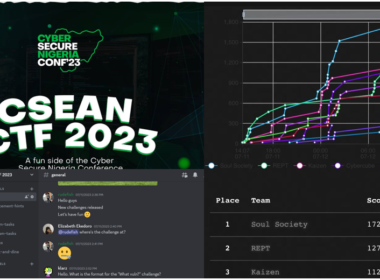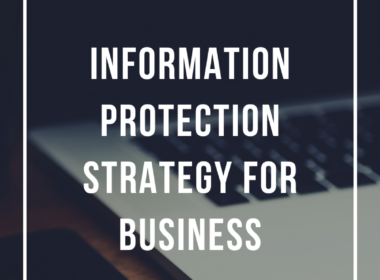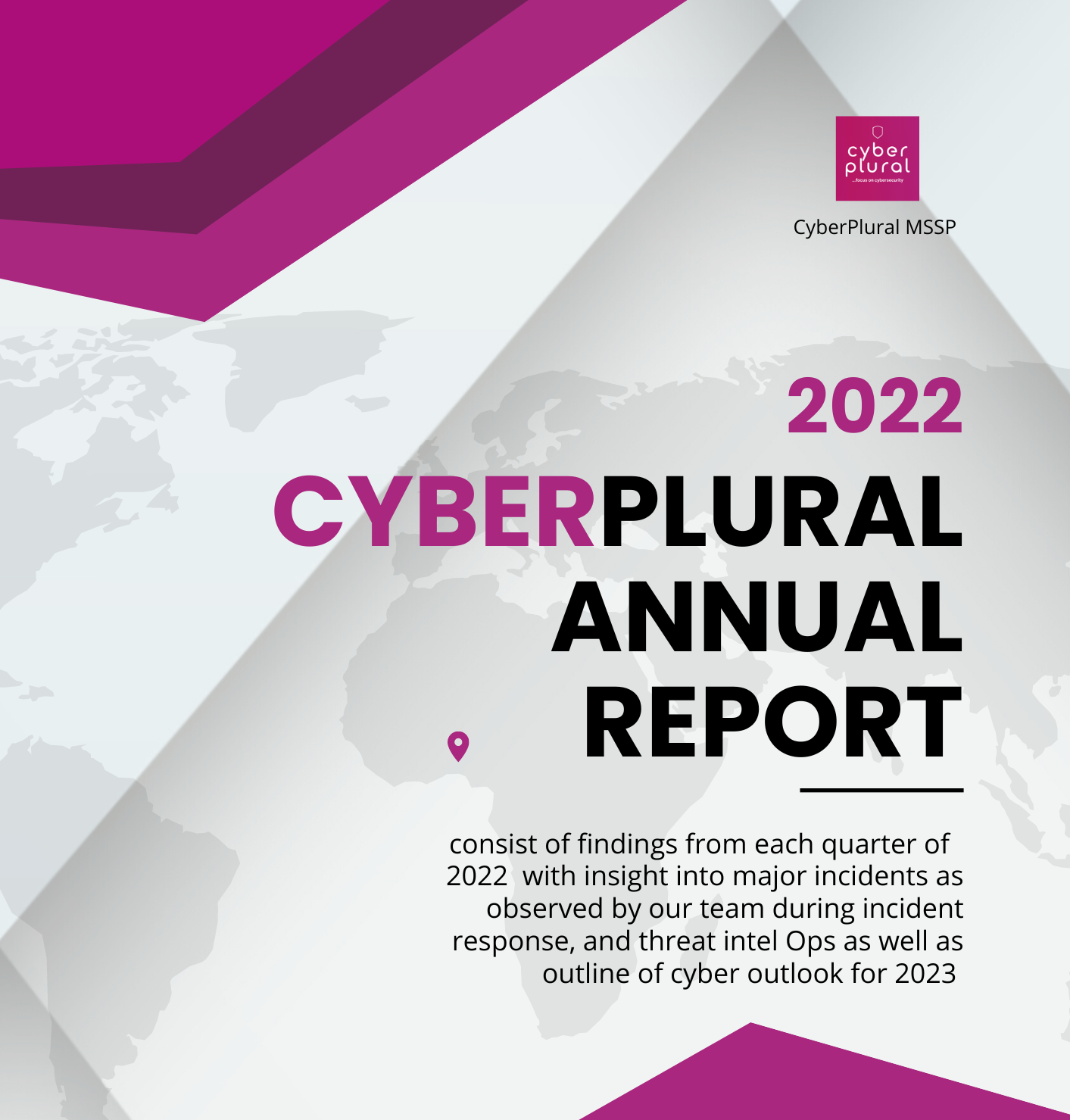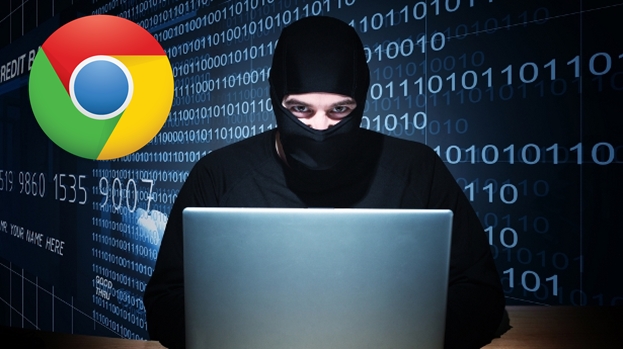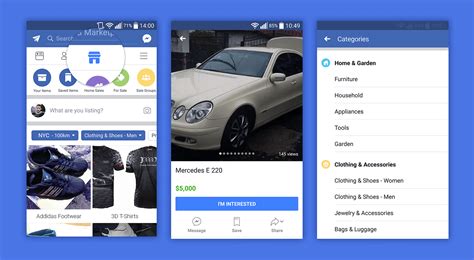Now that the holiday season is here, many people’s to-do lists include internet shopping and gift-giving. However, it’s vital to keep in mind that this time of year is also the peak season for cybercriminals before you click the “purchase” button. Because of the increase in online consumers and the general flurry of activity around the holidays, cybercriminals frequently step up their operations.
Follow these easy steps to secure yourself and your personal information, whether you are shopping online, working on projects, or just browsing the web. Don’t let fraudsters steal your holiday cheer.
Double-check everything
During the holiday season, con artists frequently use phoney deals and offer to entice victims. They can guarantee substantial savings on well-liked products or advertise one-time deals that are simply too wonderful to pass up. To deceive consumers into providing them with sensitive information, such as credit card numbers or bank account information, they may also build phoney websites or emails that appear to be from reputable businesses. Here are some pointers to assist you to exercise greater caution and do your homework before making any purchases or disclosing personal information.
- Never visit a website without first verifying its URL. Your data is protected by encryption on a website if the address begins with “HTTPS.”
- Watch out for misspellings in the text or the name of the website. These are frequent indications that shady activity is taking place.
- Remember that the Christmas and Black Friday holidays are when phishing and other frauds tend to spike. Visit only websites you are comfortable with.
- Never assume that your personal or business email is safe from fraudsters. Both your inbox and your rubbish folder may have emails with perilous links.
- Password guessing is one of the simplest methods used by hackers to get access to your online accounts. Creating secure, individual passwords for each of your online accounts is essential for your protection.
It is Cold Out There

Who you are and what you do is irrelevant to hackers. They just care about exploiting every vulnerability they can identify. Opening emails should therefore be done with caution, especially at work. Be sure to thoroughly review the message before clicking any links if you get a message from someone you don’t know or if you don’t expect an email delivery from the sender. If unsure, seek advice from your IT department. Keep in mind that it’s always better to be safe than sorry!
Stay on Track
Do not relax your cybersecurity precautions as you celebrate the holidays. To keep you and others you care about secure online, use your regular threat protection techniques. This entails employing multifactor authentication, coming up with strong passwords, keeping your antivirus program and DNS security service updated, and more. If you use the WiFi network provided by your employer, make sure they are doing all essential security measures to keep employees safe. A web filter can also be used to secure your WiFi network.
Be on the lookout for any suspicious activity and monitor your credit card statements to be sure your information hasn’t been compromised. Keep in mind that phishing scams can appear in a variety of places, including emails, websites, social media posts, texts, calls, and even QR codes.
Final Thoughts
Remember…the cyber-grinch is never tired of robbing you of your holiday goodies and online safety. Tread cautiously. Stay merry, not weary!

